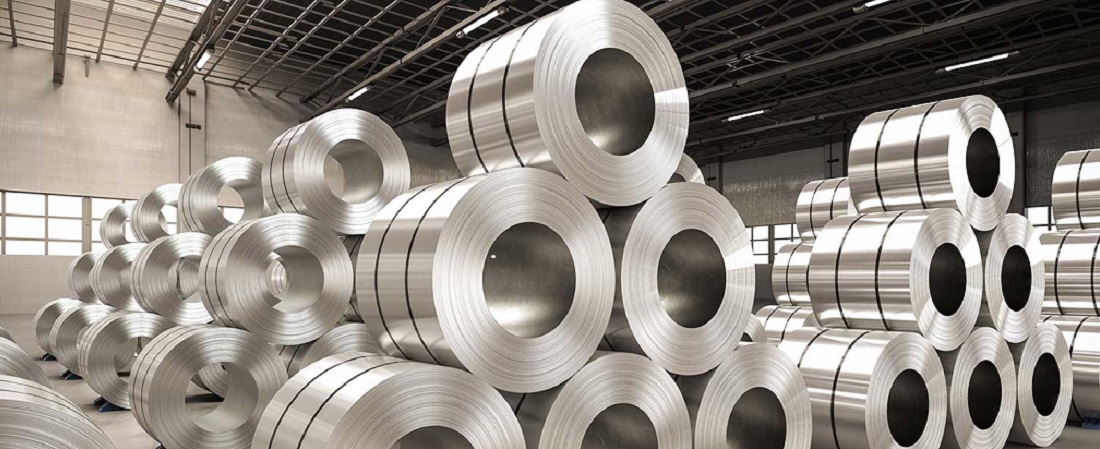
U.S. election outcome critical for Brazilian steel exports
Nov, 05, 2024 Posted by Gabriel MalheirosWeek 202443
The result of this Tuesday’s U.S. presidential election has significant potential to impact Brazil’s steel industry. Depending on whether Kamala Harris or Donald Trump prevails, the sector may either see a resurgence of American protectionism or increased infrastructure investments.
During Mr. Trump’s first term from 2017 to 2020, the U.S. raised import tariffs on steel to 25%, fulfilling his campaign promise to protect domestic industry.
President Joe Biden maintained these tariffs, mirroring a global trend among various countries reacting to China’s continual rise in steel exports. This year, Brazil implemented quotas on 11 steel products, with a 25% tariff kicking in once a certain import volume is exceeded.
The chart below shows Brazil’s steel exports in containers in the first nine months of the year all the way since 2021. The data comes from Datamar’s DataLiner.
Steel Exports from Brazil | Jan-Sep 2021 vs. Jan-Sep 2024 | TEUs
Source: DataLiner (click here to request a demo)
In January, the U.S. lifted a 103.4% surtax that had been imposed since 1992 on Brazilian-made non-alloy welded steel tubes.
Now, with the U.S. election on the horizon, expectations are that a Trump victory would likely lead to a renewal of protectionist policies for domestic industries. Meanwhile, if Ms. Harris wins, it is anticipated that her administration would favor policies promoting infrastructure projects, which could drive up U.S. demand for steel.
“The sector could indeed see differences depending on who wins the election,” said Ilan Arbetman, an analyst at Ativa Investimentos.
He noted Mr. Trump’s “notable” focus on China, which could lead to stronger protectionist measures. He pointed to an indirect effect of this: the higher the cost of Chinese steel in the U.S., the more supply would be available for other markets.
An industry source told Valor that the biggest risk would be any revision of slab quotas under the agreement between the U.S. and Brazil, following the imposition of Section 232. Currently, quotas apply to flat and thick sheets.
The person added that another risk would be the repeal of the authorization allowing Brazilian slabs exported to Mexico, where they are processed into flat-rolled products, to be sent to the U.S. without a 25% import tax. This tax applies to steel products not fully manufactured in Mexico or Canada.
“For flat-rolled products, there are already extensive trade defense mechanisms in place, including anti-dumping and countervailing duties. It’s highly likely that new measures could be applied, further harming Brazilian exports, but quantitatively the impact would likely be smaller than for slabs,” the person said, adding that while the former U.S. president has historically favored tariff hikes and trade defense measures more than Ms. Harris, the reality is that the Trump administration’s measures on steel were not revoked under Mr. Biden.
The expert also noted that U.S. steelmakers currently operate with higher profit margins than their counterparts in many other countries, which has allowed them to invest in expanding capacity (replacing imports), diversifying product mix, and increasing the already high share (compared to the global average) of electric arc furnaces in production. “This last factor significantly contributes to the industry’s decarbonization, along with investments in wind and solar energy by some U.S. steelmakers—resources likely to be further supported under a potential Harris administration,” the person added.
Mr. Arbetman of Ativa also noted that a potential Trump administration could lead to increased protectionism, resulting in a larger volume of Chinese steel products in the global market. “In this scenario, it’s possible that Chinese products would enter other markets, including Brazil, despite the national defense measures in place,” he said.
Source: Valor International
-
Ores
Mar, 09, 2020
0
Slope of Vale’s Gongo Soco mine remains unstable
-
Ports and Terminals
Mar, 08, 2021
0
More than 400 tons of asbestos seized at the Port of Santos
-
Ores
Oct, 22, 2019
0
Vale suspends Itabiruçu dam in Itabira Complex
-
Ports and Terminals
Jul, 31, 2024
0
TCP accumulates record growth of 37%


An opinion about “U.S. election outcome critical for Brazilian steel exports”
The U.S. election outcome could shape Brazil’s steel exports 🇧🇷🔧. A win for Trump might bring back higher tariffs, while Harris could boost infrastructure investments 🏗️. Either way, the steel industry is in for a significant shift! #SteelExports #US2024